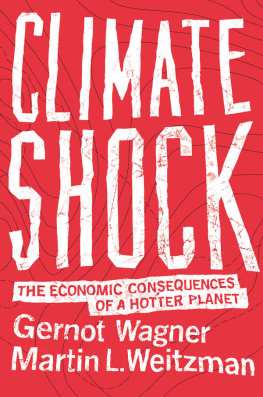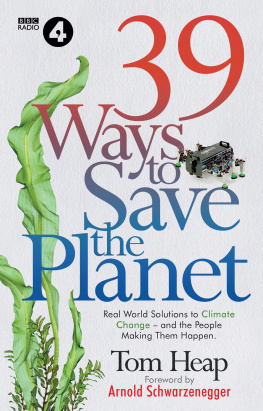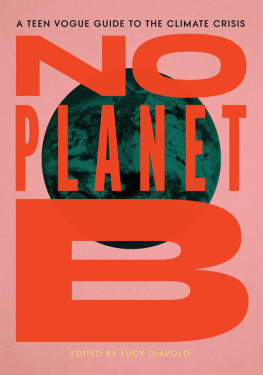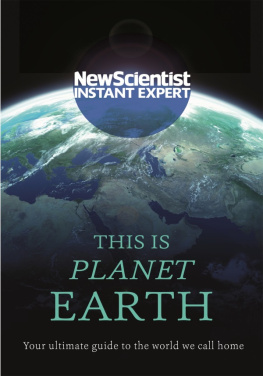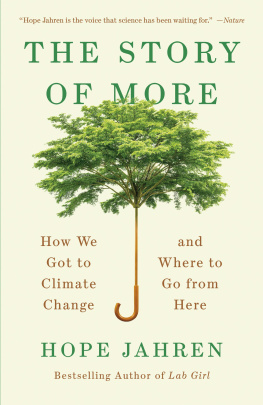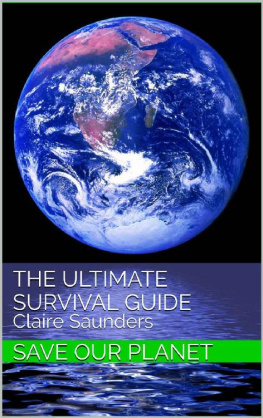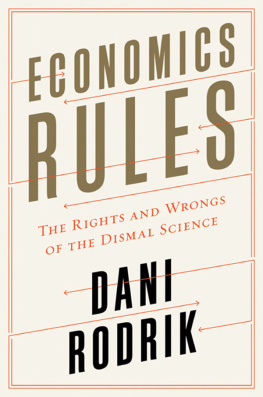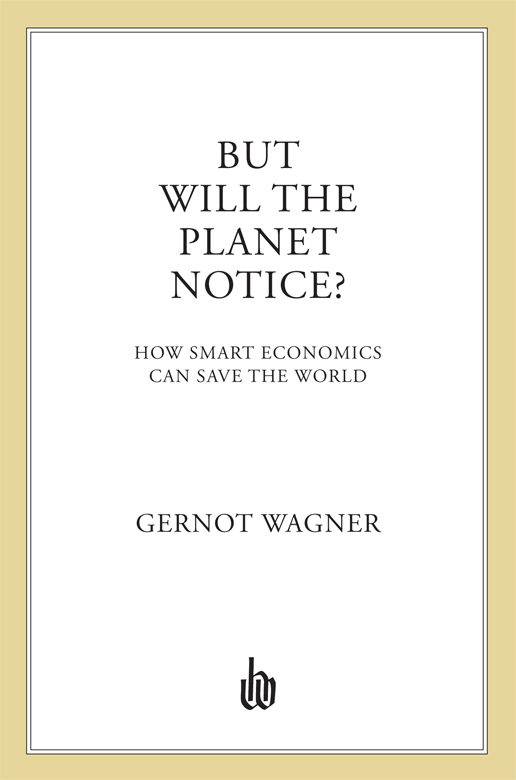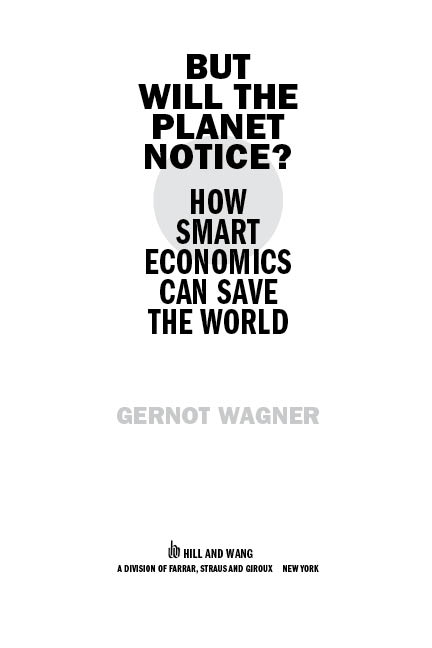
FOR KIWI
CONTENTS
DOING GOOD
Paper or plastic?
After all these years I still feel just a little bit smug saying Neither. But does it really matter that Ive lugged around my worn-out cotton bag all day? Should I feel less smug because it contains fruit trucked in from Florida? What about the lady behind me who has passed up oranges in favor of local apples?
Local is good. Fine. But when can I eat my daily apple? Local New York apples in the summer, after ten months in an upstate cool house, may well have a larger carbon footprint than apples flown in from Chile, harvested during the Southern Hemispheres growing season. Its a global conundrum. Say youre a Londoner. Dutch flowers raised in a greenhouse lose out against roses grown under the Kenyan sun and packed into a 747 before reaching your neighborhood florist.
Im no No Impact Man, but I try to minimize my environmental footprint wherever possible. My wife and I live in a one-bedroom apartment in New York without air-conditioning, much to the consternation of our superintendent, who has offered to install a unit for free. No way. We want to keep our combined monthly electricity and cooking gas bill under $30. Thats less than a third of the U.S. national average. We have taken our super up on the offer to install efficient compact fluorescent lightbulbs throughout our apartment, and I continue to stare in amazement at our low-water, high-intensity toilet. Which Ph.D. got to spend time testing that patent?
Why do I do all this? Is it pride, conviction, delusion? Yes, I enjoy the self-affirmation of my neither at the grocery store and my warm July apartment. Look at me! I understand what is going on around this planet and am trying to relate to it in a constructive way. But do I really think having an ber efficient toilet flush will make a scintilla of difference in the final outcome? What if I have to flush twice? Even if I convince my parents, my in-laws, my relatives, my friends, everyone who ever passes through our home, and everyone who reads this book to take the exact same steps, will the planet notice ?
* * *
I may not drive, but I fly. I fly a lot. Almost every vacation my wife and I go on is sealed by stamps in at least two of our four passports. I saw my family in Austria six times last year, mostly on the way to and from United Nationssponsored climate meetings. So much for worrying about three-ply toilet paper and the occasional out-of-season grape. Whatever you and I do on a daily basis is dwarfed by a single cross-Atlantic flight. However much you recycle or turn off lights, it will be canceled out many times over by your driving a car. Driving ten thousand miles in even the most fuel-efficient Prius produces four tons of carbon dioxide. That matches annual emissions for the average human on the planet. It also equals two transatlantic round-trips on a commercial jet. Little wonder then that the average European emits around ten tons per year; the average American tops even that at twenty.
Transport choices raise real questions. Flying from Washington to New York or from Salzburg to Vienna is nutsenvironmentally and as a matter of personal comfort, cost, and speed. Flying from New York to Vienna is a different matter altogether.
How to balance the benefits of seeing my brothers, parents, and grandparentsor simply of roaming around a Moroccan souk or lounging on a Caribbean beach during vacationagainst the environmental impact of the inevitable plane ride needed to do so? How do any of us balance our responsibility to the planet and to each other? Is Epcot the only environmentally sensible way for Floridians to see Paris, and Euro Disney the only way for Parisians to experience life on Main Street, U.S.A.? What good are the (dwindling) snows of Kilimanjaro if we cant experience them with a clear conscience? What are weindividually and as a societyprepared to give up to keep the snowcap and a million other aspects of life as we know it today?
NO VOLUNTEERS, PLEASE
One answer is to forgo modern comforts and opt for a modest, sedentary life. Good luck with that. Abandoned farmhouses and empty monasteries point to how well that goes over in our age. Two weeks of silence in a Buddhist yoga retreat in the Himalayas with BlackBerrys checked at the door? Sure. An entire life voluntarily lived off the grid? Not so much.
More important, what you and I do individually does not make the least bit of difference on its own. For every environmentalist voluntarily living in a Mongolian yurt in Alaska, there are plenty of Mongolians, Chinese, Americans, and many others who gladly wouldand domake up for the missing environmental footprint. Worse, many of the perceived environmental improvements in the United States, Europe, and other wealthy parts of the globe are a sleight of hand, achieved by shuttering factories producing energy-intensive products. We still use the same stuff; we just dont produce it ourselves. The planet doesnt care that its now made in China and elsewhere with cheaper labor and resources. All else being equal, the planet would prefer products to be produced closer to where they are consumed to cut down on shipping.
Short of the occasional rounding error or the off chance that your personal action will start a social movement, the small things you and I do in our daily lives, taken by themselves, have no effect. Not driving might keep me sane, safe, and save quite a bit of money, but it has virtually no global environmental impact. Going vegetarian? Zero. Wearing organic, natural fibers? Zip. Flying less, or offsetting emissions from flights? Zilch.
Worse, all these steps may well be counterproductive. Just think of the rain forest that needs to be cleared to grow the soy for my tofu or the additional land that gets converted to agriculture to produce pesticide-free cotton. Even buying carbon offset credits may backfire, if buying them makes me feel better about flying and as a result I do more of it. If the money is used to subsidize a wind farm, your offset dollars help decrease the cost of energy overall, which in turn may well motivate others to use more.
Most do-gooders encounter a rebound effect of sorts: now that Im offsetting my carbon footprint by spending a few bucks to plant trees, I get to drive and fly more. The same goes for spending money on buying green energy. Volunteering to spend a bit extra on my electricity bill ensures that my utility spends a bit extra on wind rather than on coal energy, but purchasing green electricity makes me think I can keep the air conditioner running without guilt, canceling some of the benefits.
In truth, broad-based studies of the rebound effect have shown that it hovers around 10 percent to 30 percent, most certainly less than a hundred. A more fuel-efficient car makes you visit Grandma a bit more often; it doesnt void all of the environmental benefits. But that says little about offsets as marketing ploys and the ways individuals react to them. Why else would some airlines draw attention to their carbon footprint on their booking sites, if not for the hope that you would fly more oftenor at least choose them over their rivals?
Even the warm and fuzzy feeling these actions create may come with negative side effects. Psychologists talk about the single-action bias. I refuse to grab a plastic bag at the take-out place and falsely imagine that my token gesture somehow makes a difference that compensates for other environmental sins throughout the day. That bias can result in phenomenal mass delusion. Significantly more Democrats thought the environment was getting better after President Barack Obama took office than only a year earlier, as if the mere act of voting by itself made everything just dandy. Thus go the unintended effects of a well-meant climate absolution. In the end, of course, the atmosphere notices neither the tiny positive nor the tiny negative effect of individual actions.


